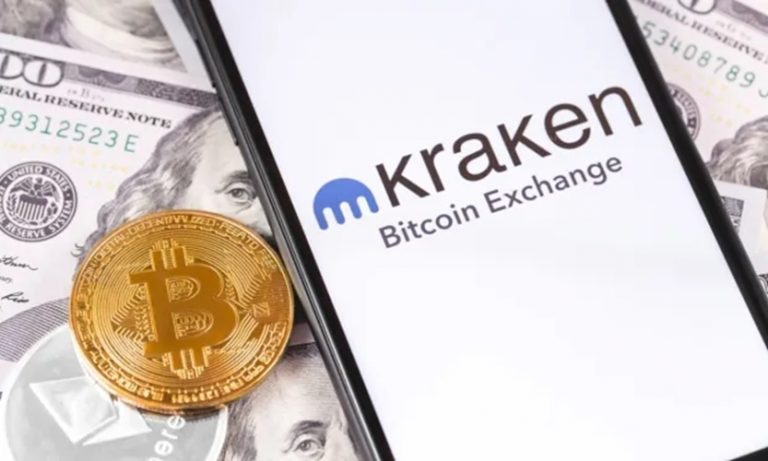
Kraken has secured a Markets in Financial Instruments Directive (MiFID) license through the acquisition of a Cypriot investment firm, approved by the Cyprus Securities and Exchange Commission (CySEC). This license enables Kraken to offer regulated crypto derivatives trading, including perpetual swaps with up to 5x leverage, quarterly futures contracts, and cross-collateralization across 12 major cryptocurrencies, to advanced traders across all 27 EU member states and the European Economic Area (EEA).
The move, announced on February 3, 2025, and further detailed on May 20, 2025, aligns with Kraken’s European expansion strategy, leveraging Cyprus’ regulatory framework and MiFID passporting capabilities to provide compliant trading services. This positions Kraken to compete with platforms like Bitstamp and Binance in the $12 billion European crypto derivatives market, which accounts for 70-75% of global crypto trading volume. Kraken’s focus on regulatory compliance enhances accessibility for institutional and sophisticated retail traders, with products designed for capital efficiency and risk management.
Kraken’s MiFID license, secured through Cyprus, grants access to all 27 EU member states and the EEA, significantly expanding its market reach. This enables Kraken to tap into the $12 billion European crypto derivatives market, which dominates global crypto trading volume (70-75%). The license allows Kraken to offer regulated derivatives like perpetual swaps (up to 5x leverage) and quarterly futures, appealing to institutional and sophisticated retail traders seeking advanced trading tools.
Register for Tekedia Mini-MBA edition 19 (Feb 9 – May 2, 2026).
Register for Tekedia AI in Business Masterclass.
Join Tekedia Capital Syndicate and co-invest in great global startups.
Register for Tekedia AI Lab.
Operating under Cyprus’ MiFID framework, Kraken aligns with stringent EU regulations, enhancing its credibility. This compliance is critical in a region where regulatory scrutiny is intensifying (e.g., MiCA regulation effective December 2024). The license positions Kraken as a trusted platform, potentially attracting users wary of unregulated exchanges, especially after high-profile incidents like the FTX collapse.
Competitive Positioning
Kraken now competes directly with Bitstamp, Binance, and other licensed platforms in the EU. Its focus on derivatives with cross-collateralization across 12 major cryptocurrencies offers unique capital efficiency, potentially differentiating it from competitors. The move strengthens Kraken’s European foothold, complementing its existing licenses (e.g., Germany’s BaFin, Netherlands’ VASP).
By offering regulated derivatives, Kraken supports financial innovation in the EU, catering to growing demand for sophisticated crypto products. This could drive capital inflows and boost Cyprus’ role as a crypto hub. The deal may encourage other exchanges to pursue EU licenses, intensifying competition and fostering regulatory harmonization.
Kraken’s license highlights a growing divide in the crypto industry, particularly in Europe. Kraken’s license aligns it with platforms like Bitstamp, adhering to MiCA and MiFID rules. These platforms prioritize compliance, transparency, and investor protection, appealing to institutional investors and risk-averse users. Some exchanges operate outside EU regulations, offering higher leverage or less oversight. These platforms attract speculative traders but face risks of regulatory crackdowns or user mistrust post-FTX.
Retail traders may prefer unregulated platforms for higher leverage or lower fees, but Kraken’s regulated derivatives (e.g., 5x leverage) cater to sophisticated retail traders seeking safety. Institutional investors prioritize compliance and risk management, making Kraken’s regulated offerings more appealing. Cross-collateralization and futures contracts suit their strategies. Kraken’s license ensures seamless access across 27 member states, but MiCA’s strict rules may limit product flexibility compared to less-regulated jurisdictions.
Platforms in jurisdictions like Dubai or Singapore may offer more permissive environments, attracting traders seeking fewer restrictions. However, they lack the EU’s market size and regulatory clarity. Kraken’s move balances innovation (new derivatives products) with compliance, but the divide persists between platforms pushing experimental DeFi products (often unregulated) and those adhering to traditional financial regulations.
Over-regulation risks stifling innovation, while under-regulation can lead to market instability, as seen in past crypto crashes. Kraken’s EU license strengthens its position as a compliant, competitive player in the European crypto market, bridging the gap between innovation and regulation. However, it underscores a broader divide between regulated and unregulated platforms, retail and institutional priorities, and regional regulatory differences.



